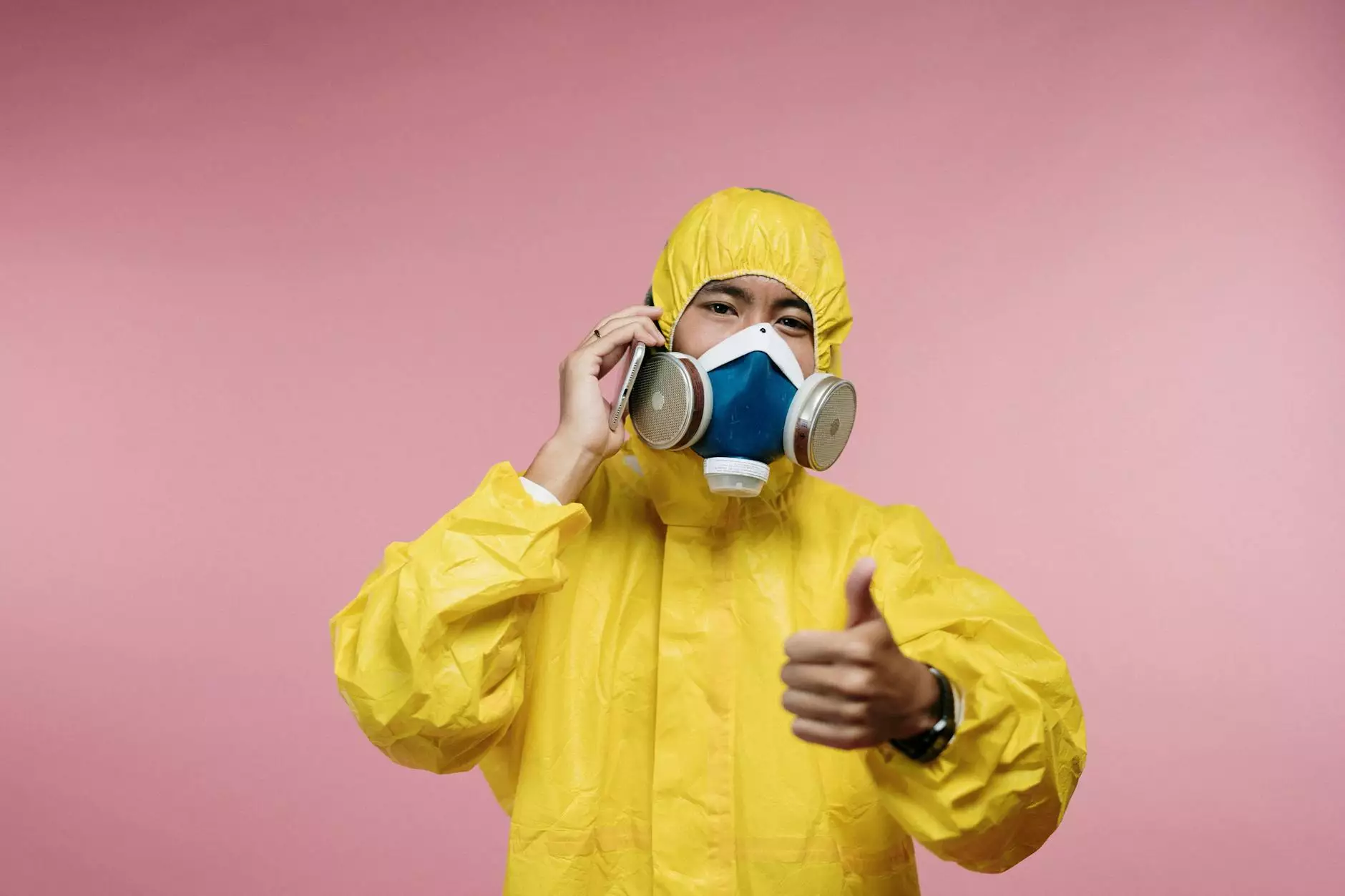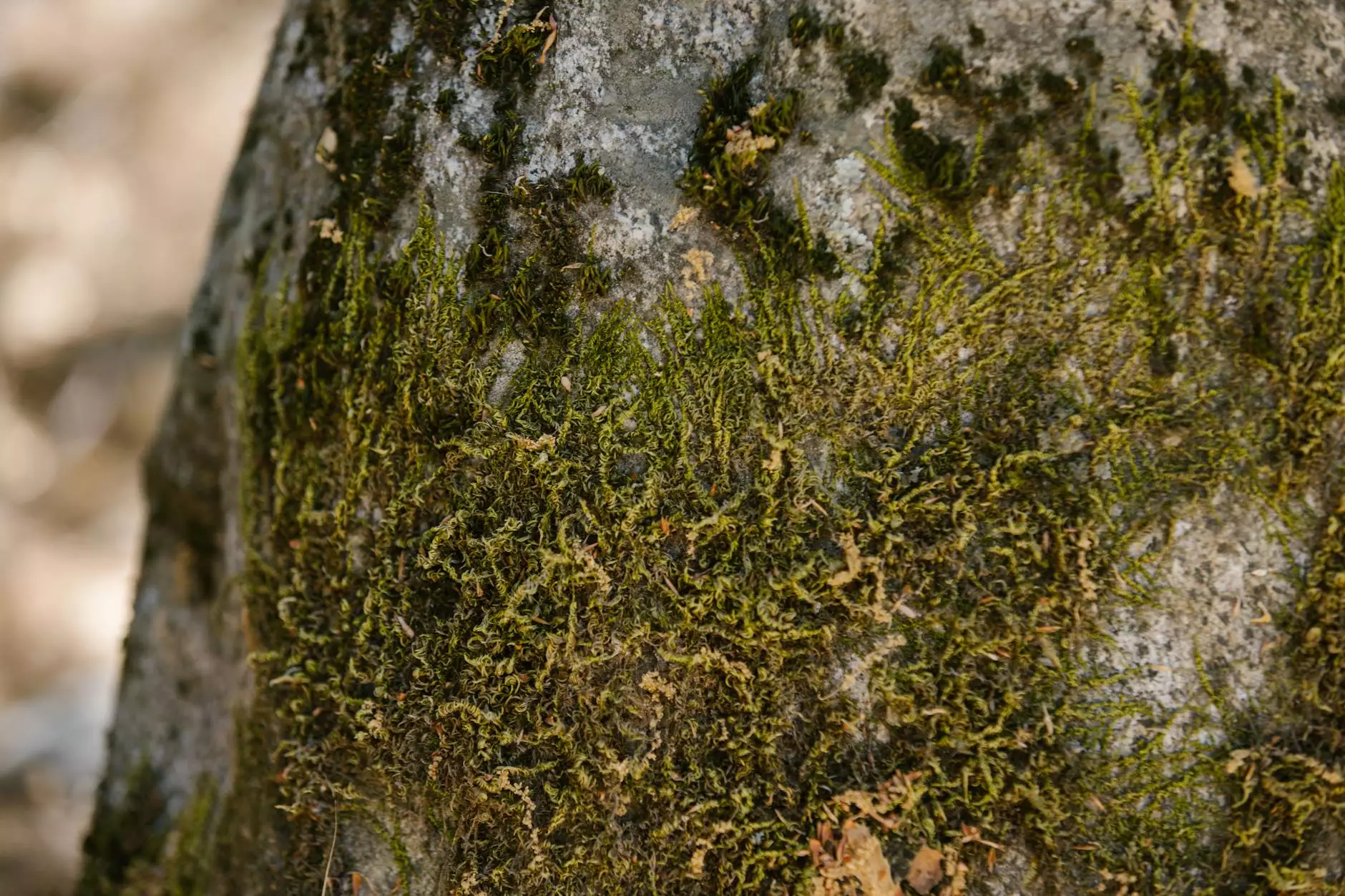Exploring Biohazard Cleaning Jobs: A Comprehensive Guide

In today's world, the need for specialized cleaning services is more important than ever. One such area that is gaining attention is biohazard cleaning. Biohazard cleaning jobs represent a unique and essential career path for those looking to make a difference. This article dives deep into the world of biohazard cleaning, discussing the job landscape, training requirements, and what it takes to excel in this crucial field.
What Are Biohazard Cleaning Jobs?
Biohazard cleaning jobs involve the thorough cleaning and decontamination of environments that have been exposed to biological hazards. These hazards may include:
- Bloodborne pathogens
- Human remains
- Infectious materials
- Toxic substances
- Chemical spills
Professionals in this field are commonly known as biohazard cleanup technicians or hazardous material removal specialists. They play an essential role in ensuring the safety of environments after traumatic events, accidents, or contamination incidents.
Responsibilities of Biohazard Cleaning Technicians
The work of a biohazard cleaner is demanding and requires attention to detail. Typical responsibilities may include:
- Assessment of the Site: Technicians are required to evaluate the extent of the contamination and determine the best cleaning procedures.
- Decontamination Procedures: Utilizing specialized equipment and chemicals to safely remove biohazardous materials.
- Disposal of Waste: Ensuring that all hazardous waste is disposed of in compliance with local, state, and federal regulations.
- Documentation: Keeping accurate records of the cleanup process, including photographs and disposal receipts.
- Client Interaction: Maintaining communication with clients to explain the process and provide reassurance during difficult times.
Required Skills and Qualifications
To thrive in biohazard cleaning jobs, certain skills and qualifications are necessary:
- Attention to Detail: The ability to notice even the smallest contaminants is vital.
- Physical Stamina: The job can be physically demanding, requiring lifting and long hours on your feet.
- Knowledge of Safety Protocols: Familiarity with OSHA guidelines and safety procedures is crucial.
- Empathy and Compassion: Since many jobs deal with trauma, having a caring approach is fundamental.
- Problem-Solving Skills: Each job presents unique challenges that require critical thinking and adaptability.
Training and Certification for Biohazard Cleaners
While there is no specific degree required for biohazard cleaning jobs, several training programs and certifications can enhance your profile:
1. Hazardous Materials Operations Training
This training provides foundational knowledge of handling hazardous materials, safety procedures, and emergency response protocols.
2. Bloodborne Pathogens Training
Focuses on understanding and working with bloodborne pathogens, ensuring workers follow safety measures to prevent exposure.
3. On-the-Job Training
Many companies offer training as part of their onboarding process. This hands-on experience is invaluable in preparing for real-world scenarios.
Career Opportunities in Biohazard Cleanup
The demand for biohazard cleaning professionals is steadily increasing as awareness of the importance of cleanliness and safety continues to rise. Potential career paths include:
- Independent Biohazard Cleanup Contractor
- Full-time Employee at a Cleanup Company
- Emergency Response Cleanup Specialist
- Health and Safety Consultant
- Trainer for New Biohazard Cleanup Technicians
Challenges Faced in Biohazard Cleaning Jobs
While the profession is rewarding, it also comes with its share of challenges:
Emotional Toll
Cleaning up after traumatic incidents, such as suicides or violent crimes, can take an emotional toll on workers. Proper counseling and support systems should be in place.
Strict Regulations
Biohazard cleanup is highly regulated. Technicians must stay updated on laws concerning hazardous waste, ensuring full compliance to avoid legal repercussions.
How to Get Started in Biohazard Cleaning Jobs
For those interested in pursuing a career in biohazard cleanup, here are some steps to guide you:
1. Research the Industry
Understand the requirements, job duties, and the nature of work involved. Familiarize yourself with companies like Biohazard Plus, a leader in biohazard cleanup services.
2. Acquire Training and Certifications
Enroll in relevant training programs to build your credentials. Certifications will help you stand out to employers.
3. Gain Experience
Look for entry-level positions or internships in cleanup companies to gain practical experience in the field.
4. Network with Professionals
Connecting with current biohazard cleanup professionals can provide insights into the industry and potential job openings.
Future Outlook for Biohazard Cleaning Jobs
The future of biohazard cleaning jobs looks promising. With the rise of public health concerns and an increasing awareness of hygiene, the demand for qualified biohazard cleanup professionals is expected to grow. Innovations in cleaning technologies and strict safety regulations will further enhance the necessity for skilled professionals in this field.
Conclusion
In conclusion, biohazard cleaning jobs offer a challenging yet rewarding career path for individuals seeking to make a significant impact in their communities. By understanding the responsibilities, acquiring the necessary training, and navigating the job market effectively, aspiring technicians can build successful careers in this essential industry.
As our society continues to face challenges related to health and safety, those in the biohazard cleanup profession will be at the forefront, ensuring that environments are safe and habitable once again.









